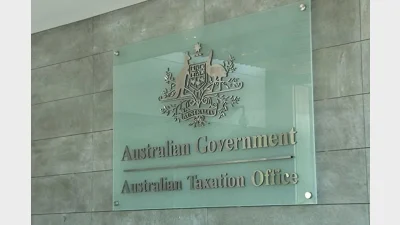(May-2003) Don’t get trapped by transaction costs
Research by Mercer Investment Consulting has identified the issue of transaction costs as one that superannuation funds should pay more attention to. Its research found that the typical foreign exchange turnover (the volume of deals in foreign currency that a fund undertakes each year) ranges from 50 to 100 per cent of international asset allocations. In some cases, only half the investment managers engaged by a number of super funds are trading foreign exchange on a competitive basis. The remaining transactions cost these funds around 43 basis points of turnover, compared to less than eight basis points for competitive managers.
In recent years, investment managers have become increasingly aware that currency can play a key role in their performance. As a result, investment managers are placing pressure on their service providers to obtain efficient execution of foreign exchange transactions. However, it’s often difficult to find out whether efficient execution has been achieved because foreign exchange transaction costs are not transparent.
There are no brokers in the currency market. The trade is undertaken by a bank counterparty on a principal-to-principal basis. Because there are no brokers, there are no commissions. The benefit to the bank counterparty arises from the difference between the buy and sell prices in the same currency pair, typically referred to as ‘spread’. It’s not easy for trustees and investment managers to assess how much profit a bank makes on a transaction — they can’t see the sell price for their buy or the buy price for their sale.
Most traders on the sell side would claim that foreign exchange transaction rates are becoming more competitive. However, it’s difficult to measure the competitiveness of rates where there is no direct brokerage and proof of best execution is not easily available. Considering the constraints surrounding these transactions, it’s critical the party arranging the execution (investment mangers or the custodian) ensures the pricing offered and traded is competitive with the market at the time the trade is performed.
Ultimately, excess costs reduce the fund’s value unnecessarily. Trustees and investment managers can often obtain significant savings by simply opting to monitor the foreign exchange transactions executed on their behalf. To assist them in this task, Mercer has developed a joint service with Record Currency Management to provide precise information and a transparent record of what funds and managers are paying for foreign exchange transactions.
Funds can take a number of steps to prevent possible losses. The first is to establish an appropriate review and monitoring program. Mercer’s experience shows that super funds and investment managers can reduce foreign currency costs and boost their competitiveness by carrying out a currency audit and then monitoring transactions.
They can potentially save 20 basis points of turnover or more annually by paying careful attention to foreign exchange currency management. For a $200 million global portfolio, a drop to five basis points from 20 basis points in foreign currency transaction costs is a saving of $300,000. These savings could assist trustees with a much sought after tonic in a climate of negative returns.
Considering the regulatory requirements and the fiduciary obligation of trustees under the current regime in Australia, it’s important for trustees to have a clear understanding of the foreign exchange activities undertaken on their behalf and the cost of these transactions.
— Lounarda David is a principal at Mercer Investment Consulting
Recommended for you
The industry fund has called on ASX 300 companies to strengthen priorities around resilience, climate, and gender, while itself facing criticism over fossil fuels.
Industry fund HESTA has filed an appeal against an ATO decision on tax offsets from franking credits, with the Australian Retirement Trust set to file a similar claim soon.
The latest superannuation performance test results have shown improvements, but four in 10 trustee-directed products continue to exhibit “significant investment underperformance”, warns APRA.
The corporate regulator has launched civil proceedings against Equity Trustees over its inclusion of the Shield Master Fund on super platforms it hosted, but other trustees could also be in the firing line.











